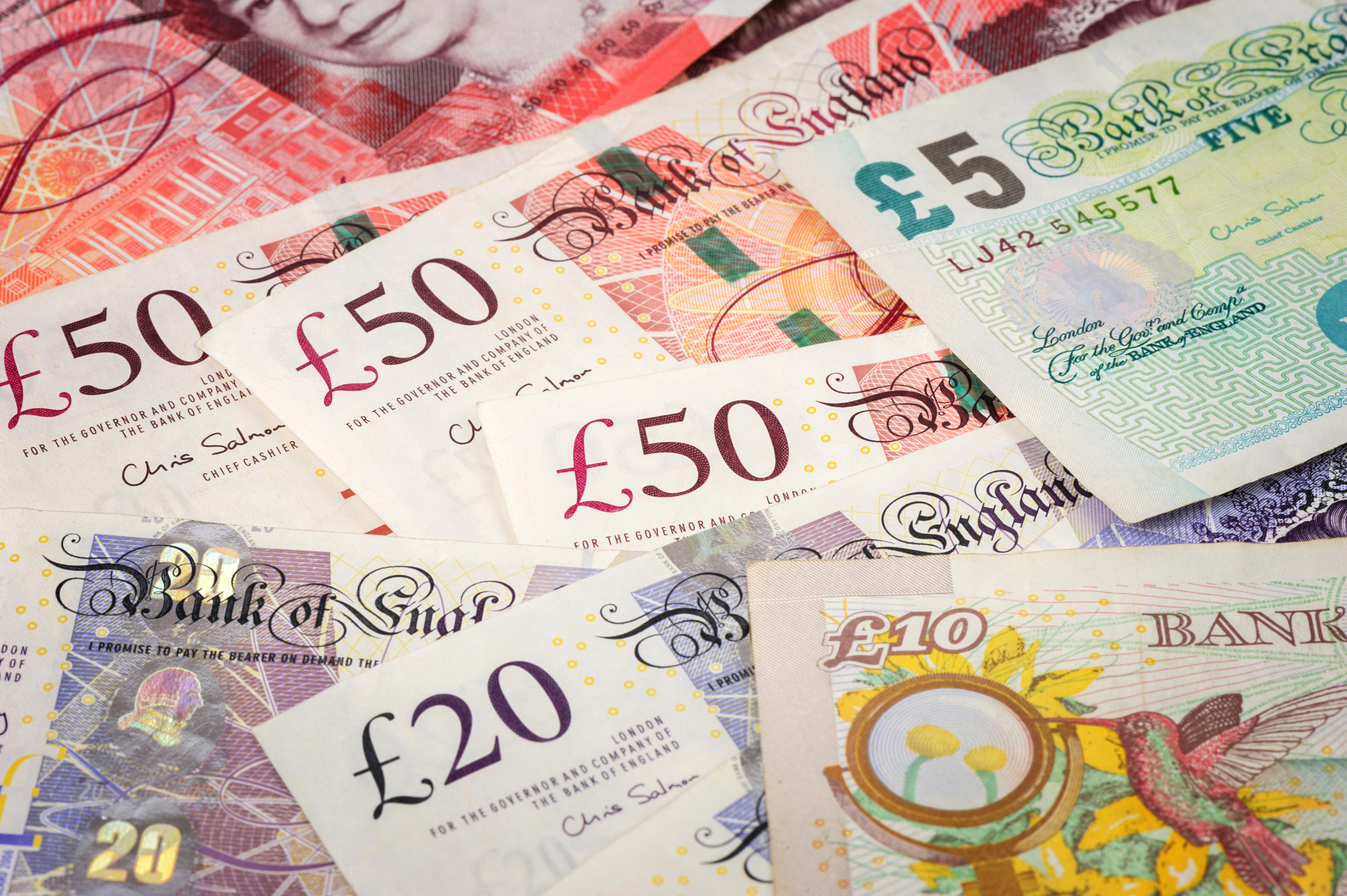
THE typical UK household spends £1.9 million over the course of a lifetime, according to a report.
The average adult will hit the £1 million household spending milestone at the age of 50, with another £893,500 spent in later life, with £420,500 going in retirement, an analysis of Office for National Statistics data by financial planning and investment group Tilney found.
A third of spending before the age of 50 will have gone on housing costs, while holidays, restaurants and entertainment will have cost £203,000.
But by the same stage in life, the wealthiest quarter is halfway through their £2.8 million total spending figure, with £342,000 going on leisure activities, and one in sixteen enjoying a £1 million retirement.
The study found those yet to retire, aged between 45 and 65, underestimate the amount they will spend in retirement by £100,000, despite the vast majority believing they will either improve (36%) or maintain (48%) their living standards.
It said the average household will need to find an annual retirement income of £14,100 over and above the state pension to sustain spending levels in early retirement, or £30,900 for high-earning households.
The overall figure, which includes housing and education, is based on today’s money and was the “reality of life in Britain today”, Tilney said.
A third of under-30s’ outgoings are devoted to keeping a roof over their heads, compared to a little over a quarter among over-65s, while spending on leisure makes up just a fifth of under-30s’ spending but a quarter for those aged 65 to 74.
A typical retired household spends £99,500 on having fun – with £41,000 on holidays, £36,000 on entertainment and £22,000 on restaurants – and £141,000 on housing.
Andy Cowan, head of financial planning at Tilney, said: “The sums we spend over our lifetimes when quantified in today’s prices seem mind-bogglingly large, and yet they reflect the reality of life in Britain today.
“The top quarter of households splash nearly £3 million in total, much of which is when they are no longer working and can really enjoy the fruits of their labours. But while some of today’s retirees are in a position to enjoy recreation and achieve their desired lifestyle, those coming behind face significant pressures on retirement income and much greater uncertainty because of the demise of traditional, predictable final salary pensions, and must overcome a number of hurdles if they want to ensure they can live with financial security in their own retirement.
“The key to enjoying a comfortable or even prosperous lifestyle in later life when you are no longer earning is, of course, to plan ahead and to start investing as early as possible. People set expectations for their living standards in retirement during their peak earning years in their 50s, and this is the time when most ramp up saving, but it is also important to invest it in the right places and minimise the burden of tax.”
Opinium surveyed 2,007 UK adults aged over 45 in December.

Enjoy the convenience of having The Sunday Post delivered as a digital ePaper straight to your smartphone, tablet or computer.
Subscribe for only £5.49 a month and enjoy all the benefits of the printed paper as a digital replica.
Subscribe